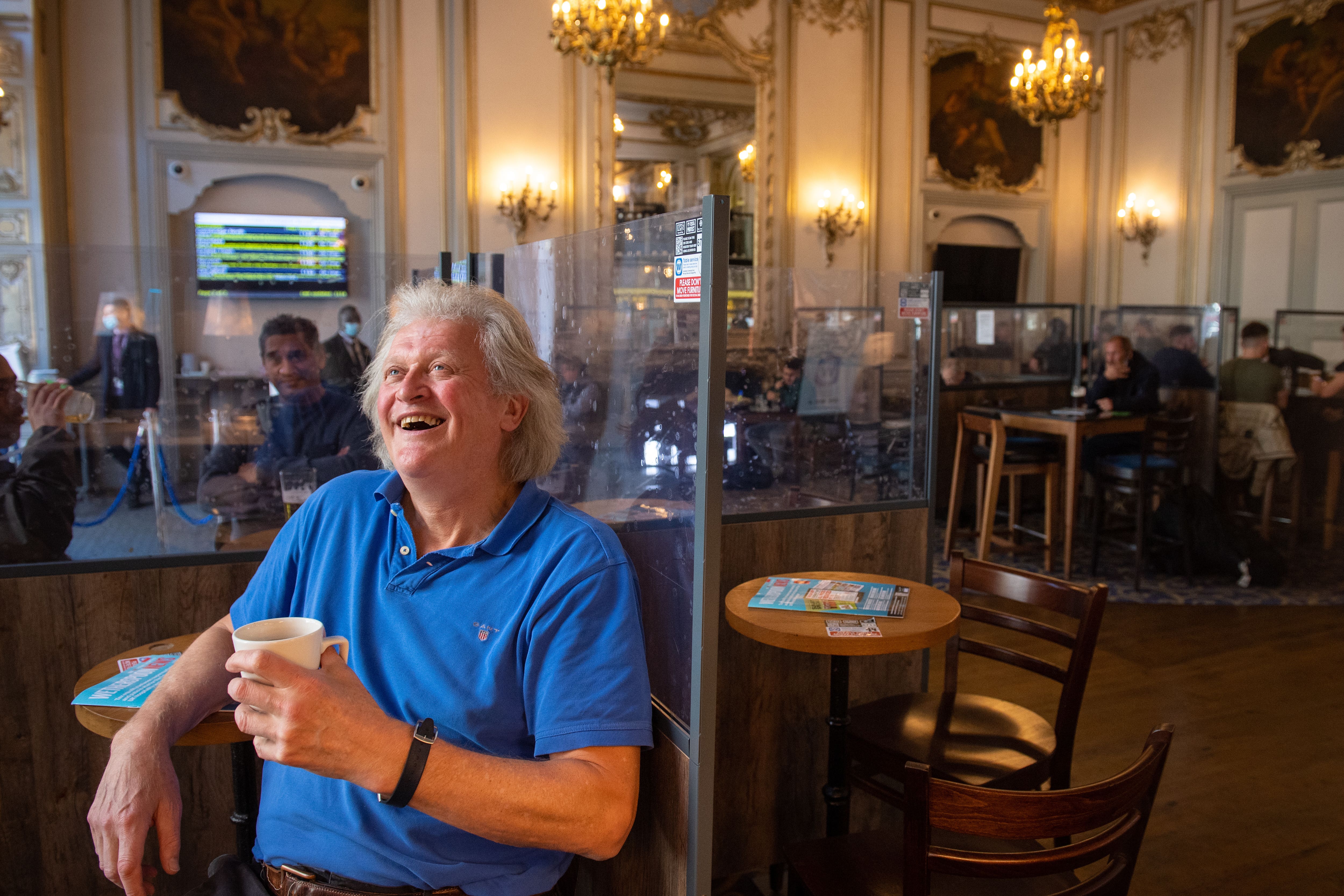At an earlier point in the labour pains of Brexit, Boris Johnson as prime minister came close to welcoming the shortage of lorry drivers, saying that one of the benefits of leaving the European Union would be that it would bid up the wages of low-skilled British workers.
It is a beguiling idea, and it is easy to see why the leader of the Leave campaign might have been beguiled by it. Indeed, it was part of the argument of many in the labour movement who were hostile to the European project until the 1980s.
Unfortunately, the economics of Brexit are more complicated than that. As Jonathan Portes, professor of economics at King’s College London, explains in our report on post-Brexit pub closures, the consequence of a policy designed to raise wages “is that a significant number of low-wage employers, like hospitality companies, will go bust”.
The shortage of EU workers is putting large numbers of pubs, clubs and restaurants out of business. Many say that they cannot recruit staff at all, even at higher wages, but even if they could find staff by paying them more, they couldn’t raise prices enough to remain solvent.
The effects of leaving the EU are confounded by other dislocations: the after-effects of coronavirus lockdowns, and inflation imported from the global energy market. And the traditional British pub has been in decline for decades. But The Independent’s investigation into the crisis in the hospitality industry is clear that the main cause of the recent increase in the rate of pub and restaurant closures is the post-Brexit labour shortage.
It may be that this will be a one-off adjustment, just as the lorry-driver shortage seems to have been a temporary phenomenon. Britain may just get used to having fewer, and more expensive, pubs and restaurants. Anecdotally, the shift to takeaway food that occurred during the pandemic seems to have persisted.
It will be some time before we can assess the distributional consequences of leaving the EU, but the idea that closing our labour market to EU workers would automatically push up wages for low-skilled British workers was always simplistic. It was always more likely to shrink the sectors of the economy that rely on low-wage labour, and our investigation has confirmed this.
It would seem that the idea that Brexit would magically produce a high-wage economy with greater equality was another of those shortcuts to nowhere, to be filed along with devaluation as a quick route to a more competitive economy.
There is, in the end, no shortcut to higher wages. Better training, more of a work and service culture, more competition, more innovation, and better access to bigger markets are the only ways to make us all more prosperous. And in the last case at least, Brexit has definitely made us poorer.
Huw Pill, the Bank of England economist, put it tactlessly the other day when he said that Britain had to accept that “we are all worse off”, but unfortunately he is right. And Brexiteers are not even allowed the consolation of being able to say that, although we may be poorer, our earnings are becoming more equal as a result of leaving the EU. The great Brexit pubs and clubs shutdown is proof that they were wrong about that.




Join our commenting forum
Join thought-provoking conversations, follow other Independent readers and see their replies
Comments